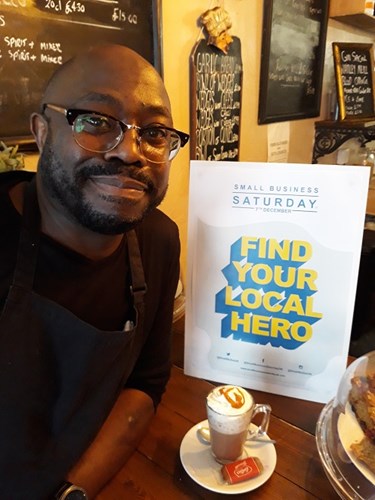Finance sector reforms to turbocharge growth – Chancellor says
In Edinburgh the Chancellor, Jeremy Hunt, will announce a package of over 30 regulatory reforms to secure the UK’s place as the world’s foremost financial centre. The “Edinburgh Reforms” will build on the unparalleled strength of the UK’s financial services sector, taking advantage of the opportunities provided by the UK’s exit from the European Union to tailor regulations to suit the country’s needs.






















